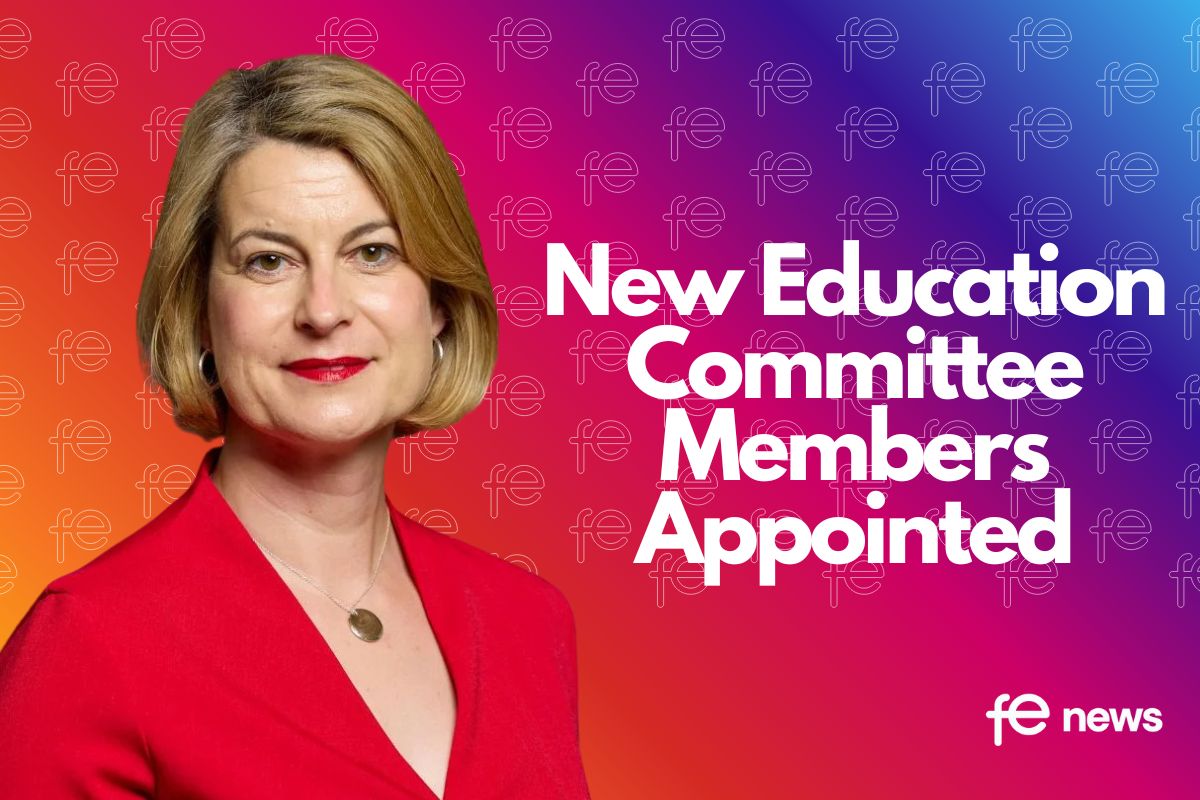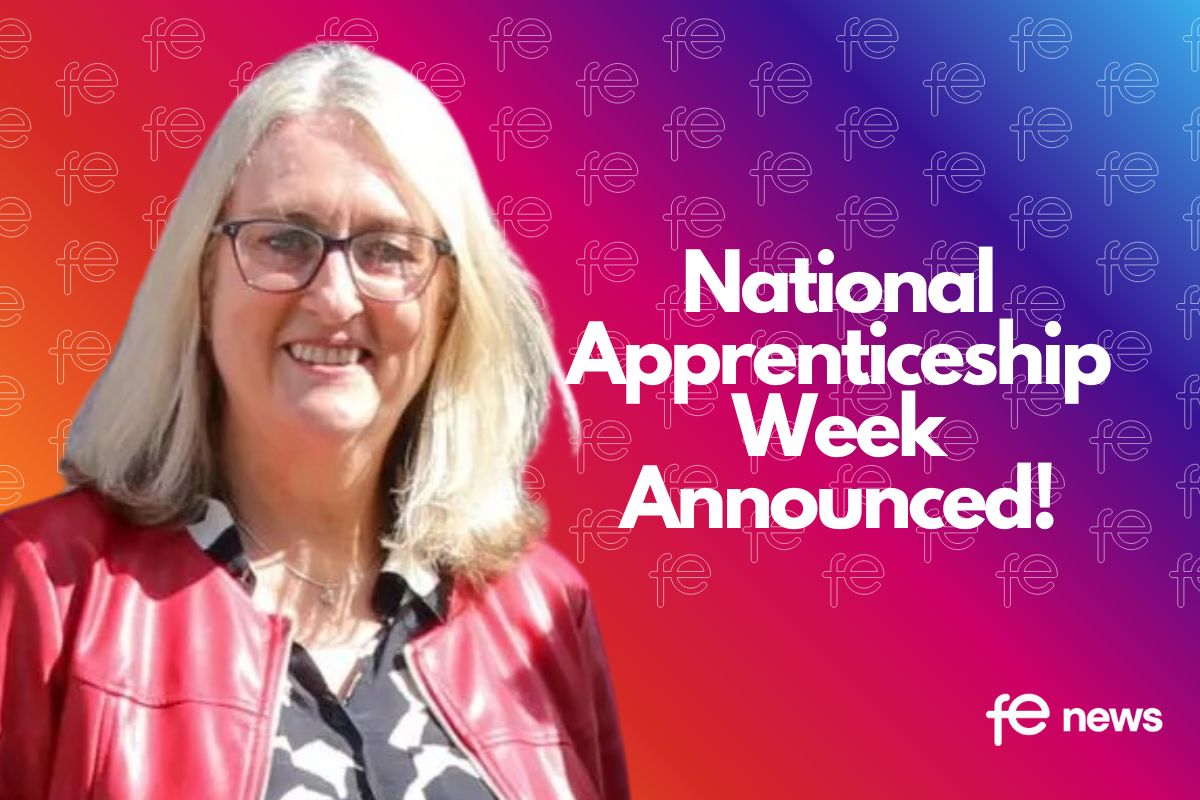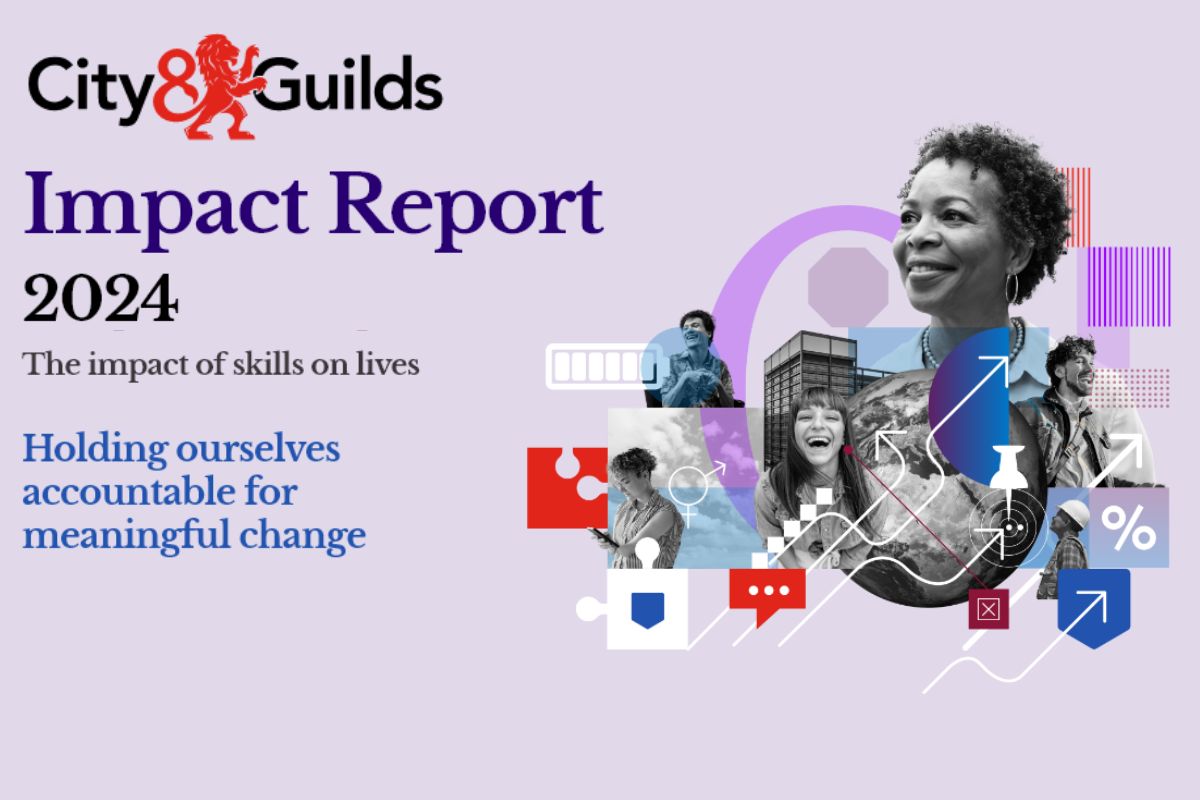Lifetime Skills Guarantee – We must get this right to ensure our education and skills system is fit for purpose

Association of Colleges (@AoC_Info) has responded to Prime Minister @BorisJohnson’s speech in which he set out his plans to transform the training and skills system and preparing workers for a post-Covid economy.
Responding to the plans, Chief Executive, David Hughes said:
“For many years, further education colleges have not received the recognition they deserve for the outstanding work they do for people of all ages and communities – and they have suffered from a decade of neglect during austerity. The Prime Minister’s speech today shows that he recognises this and supports the power and mission of colleges. It places colleges at the heart of the recovery, supporting people and employers in the recovery and renewal we all want to see. I am delighted that the government has decided to invest in colleges because they will help enhance people’s life chances for years to come.
“We believe that colleges should play a bigger part in a more collaborative education and skills system that allows people to train and retrain throughout their lives. Today’s speech is a strong sign that this thinking will form much of the foundation for the upcoming FE white paper and develop a system that works for all adults and not just those fortunate enough to go to university.
“A new entitlement to a fully-funded Level 3 qualification and more flexibility built into L4 and L5 are important steps forward as the government begins to implement the Augar Review. There is a lot more to do to stimulate demand from adults and employers and to support colleges to have the capacity to meet needs. I am looking forward to working with officials on the details and the legislation which will be part of the white paper later this year.
“We must get this right to ensure our education and skills system is fit for purpose – I hope the Prime Minister’s words are just the beginning on the road to a fairer and more accessible post-16 system for everyone who needs it.”
#Post16RevolutionaryReforms – A New National Post-16 Education and Skills Strategy: Five Points of Consensus
AoC always likes a challenge, but we don’t really envy the civil servants working on the white paper.
After a decade of neglect, the expectations on what the white paper will deliver for colleges is high – from us, from college leaders, from employers and perhaps most importantly from the very heart of the Government itself.
It’s not just the expectations that are high because there is a lot to cover and to change.
The range of issues which the white paper needs to address is enormous and well signposted in a number of high profile reports.
Augar Review of Post-18 Education and Funding
The first was last year when the Review of Post-18 Education and Funding, launched by then Prime Minister Theresa May and led by Philip Augar, reported its findings.
This summer saw the publication of the Independent Review of College Financial Oversight, led by Dame Mary Ney and the Independent Commission on the College of the Future setting out a compelling vision for colleges across the four nations ahead of its final report this autumn.
AoC is optimistic that our hopes will not be dashed, though, because there is such a strong consensus around a number of critical points:
1. Vital As Civic Anchor Institutions
First and foremost, there is agreement about the vital role colleges play, as anchor institutions.
We have said for years that every place needs a flourishing and thriving college, able to reach out to engage people from every community, to support students and employers to improve their prospects, to help level up, to develop community cohesion and for all sorts of other reasons.
We seem to have reached a point where this is now a more widely accepted and supported view, admittedly for a whole host of reasons.
2. Vital To Support Local And National Labour Markets
The second area of consensus is that colleges are vital to support local and national labour markets to operate smoothly. More and more employers had started to recognise, prior to the Covid-19 pandemic, that in a post-Brexit Britain, finding skilled people to fill vacancies was going to become increasingly challenging.
The pandemic might have delayed that in some sectors (retail, hospitality) and heightened it in others (health, social care) but it has not changed the basics. We will need more people who live here to get higher level skills if we are to have a thriving economy.
3. Greater Collaboration Is Vital
The third area of agreement is around the need to move on from a highly competitive environment in which schools, colleges, universities, and training providers are all fighting to recruit students. Competition has not resulted in higher quality and better choice. It has not delivered the education and skills system which we want or need.
We need much more clarity on the mission and purpose of every organisation and collaboration to ensure that investment can be made in the specialist and higher level skills that are needed.
So many of our skills gaps and shortages are at Levels 3 to 5 and yet the system we have encourages or perhaps pushes most people to jump from Level 3 onto Level 6 courses. Internationally we do well in numbers of people with higher level skills but poorly for technical and professional skills.
4. Vital For The Skills Needs Of Key Sectors
Fourthly, the pandemic has confirmed that we need colleges to collaborate nationally and locally to meet the skills needs of key sectors.
A great emerging example is the collaboration between the Commission on the College of the Future and the NHS Confederation to set out how a stronger infrastructure nationally could bring together health and social care employers with colleges to help establish hubs across the country which can offer trusted skills advice, high quality education and training and help develop pathways which will ensure workforce needs are met over the long term.
Similar approaches are needed in other sectors.
5. New Strategic Relationship With Government Is Vital
Finally, there is a growing agreement that to achieve more, colleges need a simpler, mission-focused regulatory and funding system and a new strategic relationship with government which Dame Mary Ney said should be ‘nurturing’.
Achieving this will involve sweeping away a lot of micro-accountability measures and bureaucracy and replacing it with measures which look to longer-term outcomes.
David Hughes, Chief Executive, Association of Colleges (AoC)
‘Revolutionary Forces’In the immediate aftermath of the Covid-19 pandemic, it is easy to forget that there were wider revolutionary forces at work on the UK’s economy before the virus outbreak. Issues such as Brexit, the rise of automation in the workplace, longer working lives, and poor UK productivity have brought into even sharper focus, education and skills. NCFE and Campaign for Learning (CfL), published the first in the series of ‘Revolutionary Forces’ discussion papers on 6 July 2020. In this Revolutionary Forces series different perspectives and proposed reforms for the post-16 education and training system have been brought together in one pamphlet, from expert stakeholders, think-tanks and educational professionals. Building on the recommendations outlined in the first paper for flexible reforms that support economic and social renewal, this new paper, “Reforms for a Revolutionary Post-16 White Paper“, takes a deeper look at which areas need to be addressed. The authors are:
|











Responses